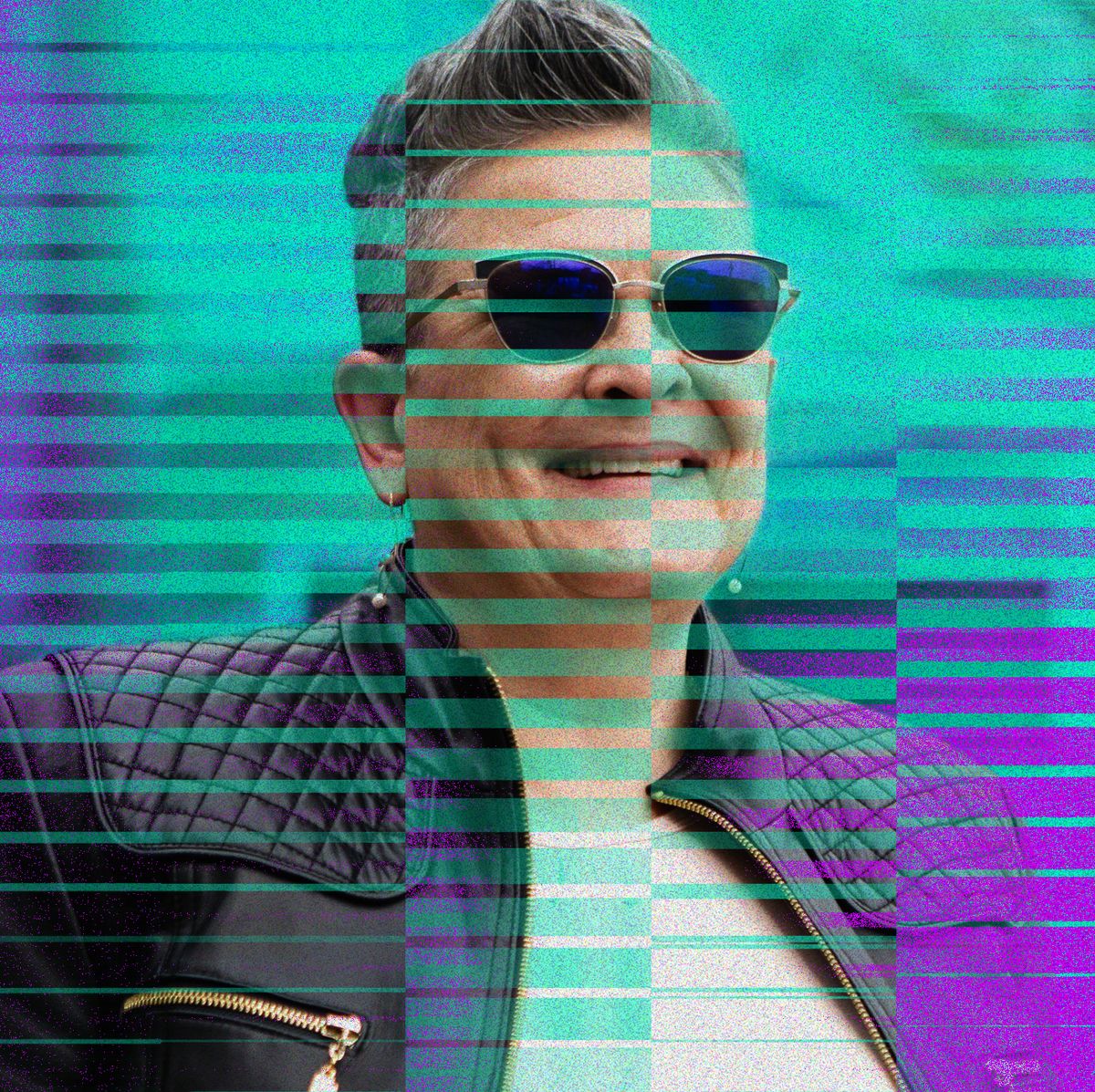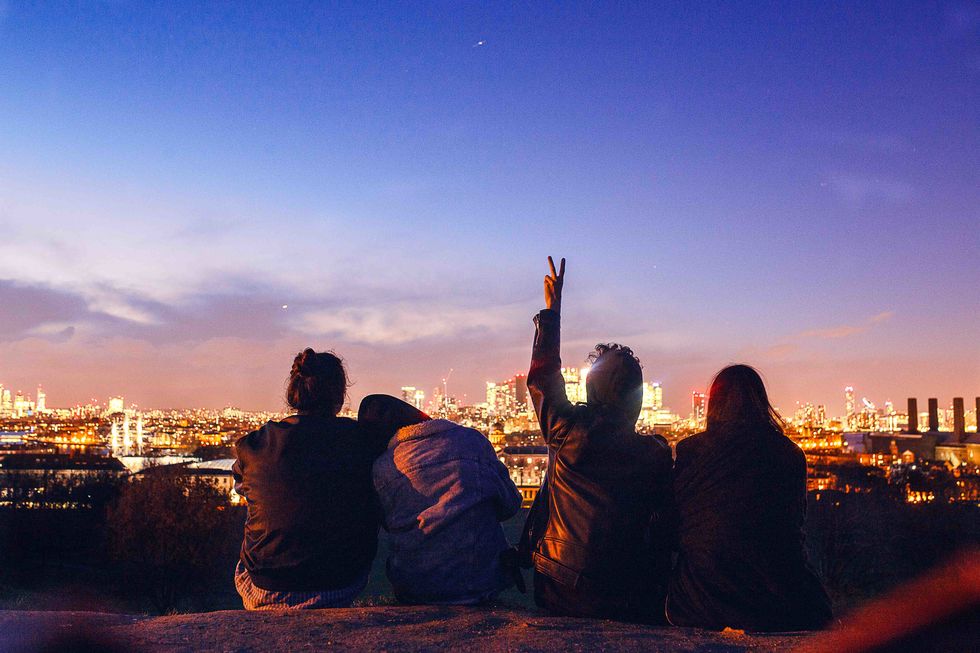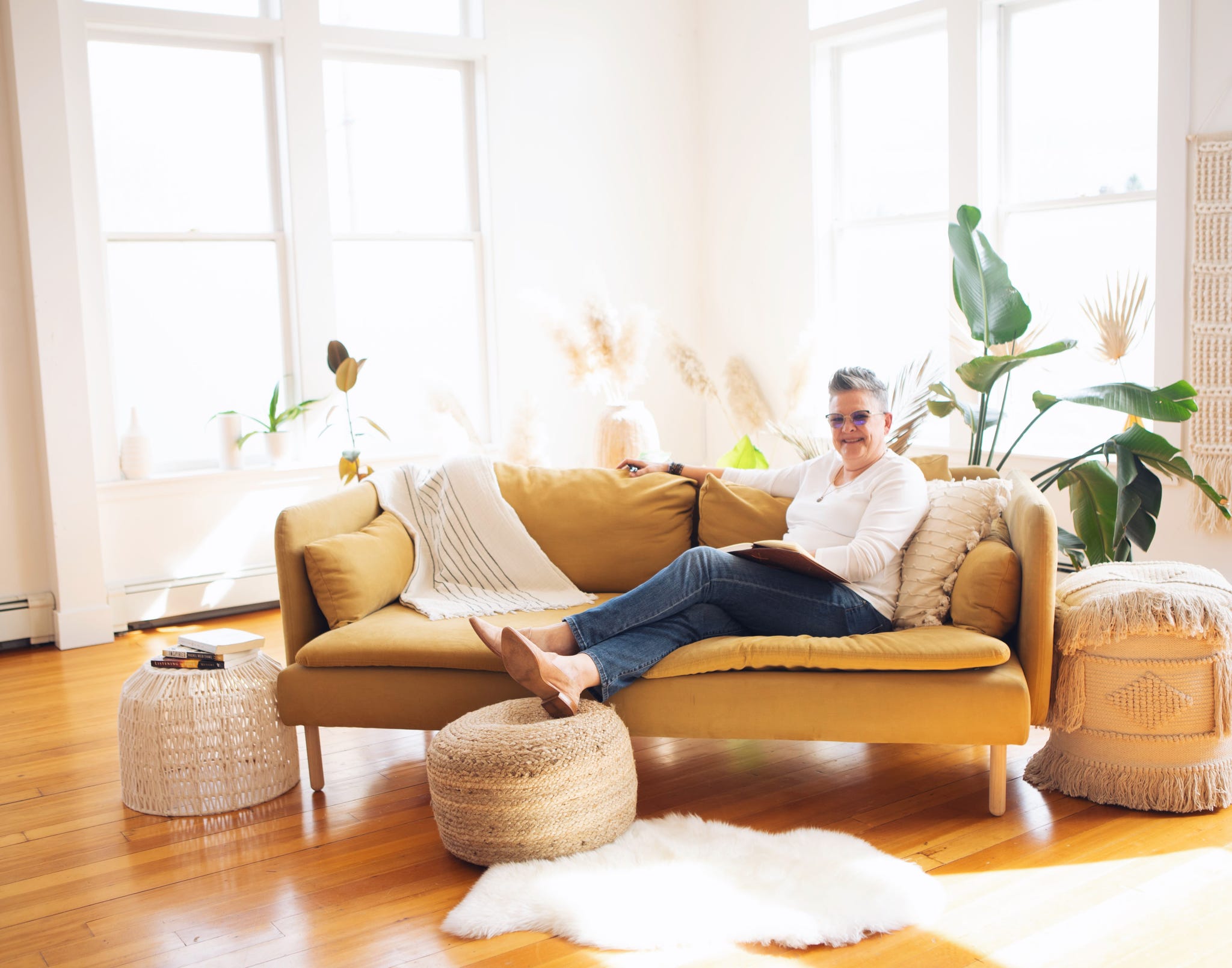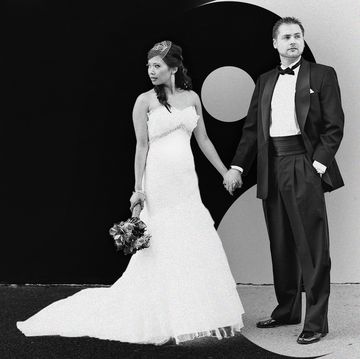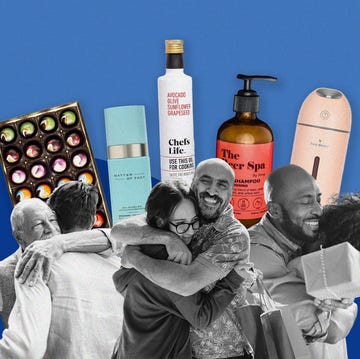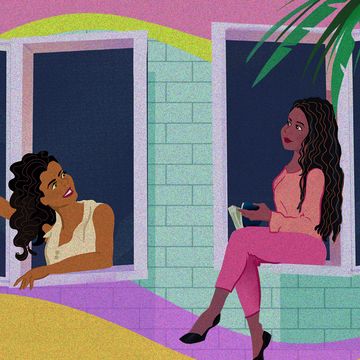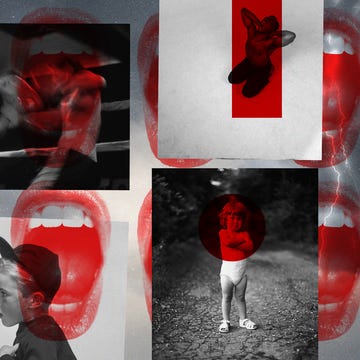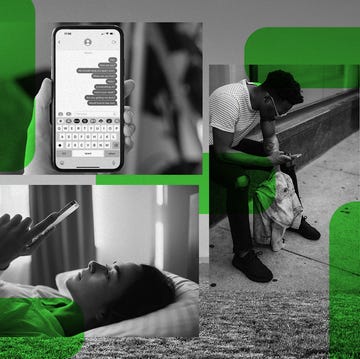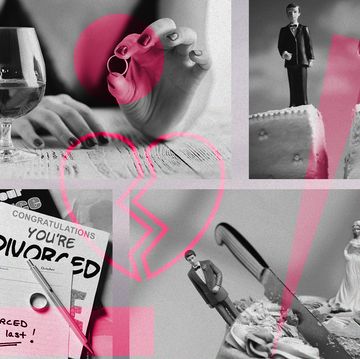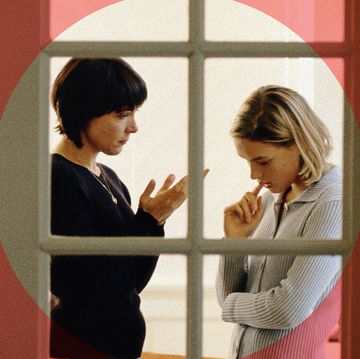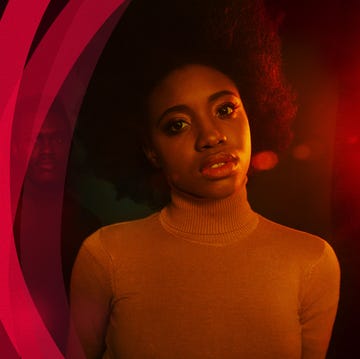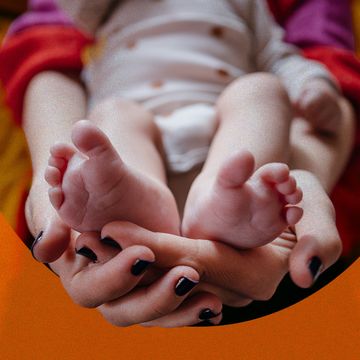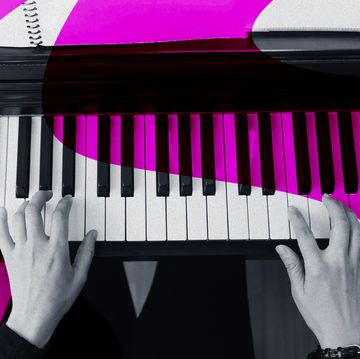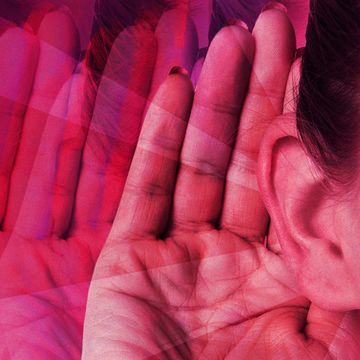I studied myself in the little visor mirror in my car, unsure of what I was hoping to see. Courage? A glimpse into my mind, perhaps? They say the eyes are the window to the soul, but my gaze didn’t seem to reach that far. I closed the visor with a satisfying snap and exited the car.
It bothered me that I felt so nervous. My slow, deep breaths only served to stir the butterflies in my stomach further, and I wistfully wished I could flutter away with them. As I approached the restaurant, I wasn’t sure I was ready to join my oldest friends to share my oldest secret. It was too late for doubts.
The four of us met in the fall of 1978 during my sophomore year in college. By the time we graduated, there wasn’t much we didn’t know about one another. I have many fond memories of time spent with my friends. One of my fondest involves drinking fancy beer at the lake in my yellow Ford Pinto any time someone was going through a breakup.
Our routine was always the same, and we found comfort in the familiar. We’d pop the caps off our beers and cue up Pat Benatar’s “I Need a Lover” as loud as my box speakers and built-in tape player would allow. Shouting the words to that song was all we needed to get past our heartaches.
We remained friends after graduation even when distance separated us. We all married, had children, and looked forward to reuniting with our families nearly every holiday season. However, as I walked into the restaurant that day, the magnitude of my secret caused me to wonder if the bond we shared would weather the turbulence of what I was about to disclose.
Since childhood, I’ve known I was gay, but I didn’t have the vocabulary to describe my feelings. I grew up in the Pacific Northwest with an alcoholic father and a mother who didn’t appear to truly care about my older brother or me. When my dad left for good, the neglect became more severe as my mom began compulsively dating and sleeping around. Between her job and the men, there wasn’t much energy left for us.
I never felt close or safe enough with someone to talk about the strange thoughts and feelings swirling inside me. Once, in sixth grade, I attempted to share my confusion about my same-sex attraction with an older friend. My secret caused her to avoid me, which affirmed my belief that I needed to keep these thoughts hidden away. If I had to describe my predominant thought growing up, it would be that I didn’t belong.
There wasn’t a single person I could look to who resembled how I viewed myself, which added to my isolation. Concealing my true identity became vital during high school. Not only was being gay not accepted, words like “fag” and “lesbo” were frequently used as insults and slurs. I wasn’t free to talk about my sexuality and couldn’t fathom experiencing the liberation I longed for.
When I went to college, I drank and partied to pacify my emptiness and confusion. I didn’t know anyone at my university who was gay, and while I longed to experience being with a woman, that possibility terrified me. I knew if I experienced even a taste of same-sex intimacy, something would be released inside me, and I’d never be the same.
Like an addict who can’t dabble in their drug of choice, I was frightened that I’d crave another hit of being with a woman. Living with the white-hot desire I felt inside me was agonizing. Not feeling safe enough to share it with someone was unbearable.
At the start of my sophomore year, I was a resident aide in one of the dorms on campus. I met my three friends the day they moved in, but it took some time before we became close. I was a party girl, and they were involved in a large Christian group on campus, making us unlikely pals. I remember them leaving the dorm on Friday nights, Bibles tucked to their sides, headed for the weekly campus fellowship meeting. I wondered who in their right mind would give up a Friday night of partying for a church service.
Though we had differences, we connected through our shared humor and love for music. I was surprised that I enjoyed hanging out with them. More than once, I pondered why they didn’t seem offended by my salty language or penchant for partying. Years later, I learned they initially befriended me in the hope that I might find God — and that’s precisely what happened.
Believe me when I say that no one was more surprised than me when I considered pursuing a relationship with God at the start of my senior year. My desire to be with a woman tormented me, and I’d been searching for something to take the place of that desire. Based on my friends’ overall happiness, I thought God might be an excellent place to start.
I threw myself into Christianity, and the campus evangelical group became my lifeblood. The loving atmosphere was enticing. Hugs and the feeling of acceptance became like drugs, and I was always looking for my next high. Because evangelicals considered homosexuality a sin, I burrowed further into the closet, which caused me to feel internally fractured and trapped.
Though my three friends were on the wilder side of Christianity, I wasn’t comfortable sharing my secret with them. Drinking and listening to Pat Benatar was one thing, but these were women who vowed to wait until marriage to have sex. I couldn’t imagine they’d accept me being a homosexual, and I worried what a confession like this might do to our relationship.
Never believing I could have the life I desired, I tried to make the most of the life I had. I started dating seriously the year after I graduated. The constraints of evangelicalism worked well for me throughout my dating experiences. I clung to purity mandates and even refused to kiss my most serious boyfriend until we were engaged. While my friends struggled to remain pure, I was grateful to wait as long as possible to have sex with a man. I gave up my dream of falling in love with a woman and married a man a few years after graduation.
For 25 years, I endured an unfulfilling marriage while secretly fantasizing about what it would feel like to be with a woman. I still didn’t feel the freedom to talk to my friends about my sexuality, and in my 40s, I plunged into a depression that wouldn’t lift. A few years later, living a lie became unbearable, and I found myself contemplating suicide.
Denying my sexuality had taken a toll on my mental and emotional well-being. Every day with my secret felt like a personal betrayal. I unexplainably lost weight, had trouble sleeping, and struggled with chronic pain. Surviving was a challenge. Then, shortly before I turned 50, I was considering a divorce and falling in love with a woman I worked with. Suddenly, my heart began to hope for the first time.
Hope can be a terrifyingly beautiful thing, especially when that hope beckons you to act. Like a rock climber letting go of one handhold to reach for the next, I needed to let go of the security of my secret to find solid footing in the life I longed for. It was an exhilarating and frightening time, and I hadn’t talked to anyone about it.
As I approached the restaurant to meet my oldest friends that day, I knew I had to unlock my secret and trust my friends to be there for me. The conversation went better than I could have hoped. They listened intently as though trying to absorb my fear and were genuinely excited when I told them I had fallen in love with a woman.
I felt profoundly valued and accepted when I left the restaurant that day more than 10 years ago. Many meaningful discussions about the intersection of faith and sexuality and what it means to live authentically happened in the ensuing months after I came out while sitting in a restaurant booth.
The woman I met at work eventually became my girlfriend and later my wife. The experience of coming out late in life has certainly been a roller-coaster ride. From the excitement of attending my first Pride parade to losing my standing in my evangelical church, I’ve experienced the elation and the pain of turning my life upside down for the sake of living genuinely.
Through it all, my pals have stood by my side. We’re no longer searching for lovers “that won’t drive me crazy,” but we still like to put on Pat Benatar while sipping a lovely cabernet in the comfort of our homes and our friendship.
Kim Kelly Stamp is a writer and essayist who travels with her wife around the country with a 21-foot teardrop trailer. Follow her on Instagram at @KimKellyWrites.
Get Shondaland directly in your inbox: SUBSCRIBE TODAY
